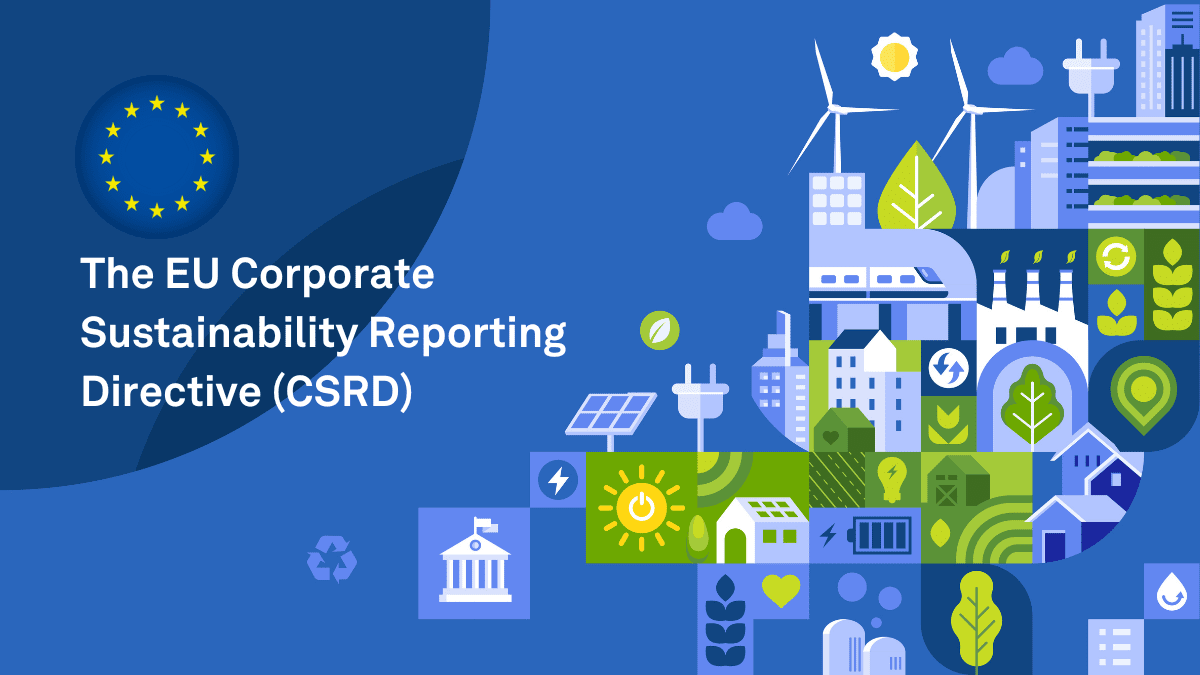
Introduction
In recent years, mandatory carbon reporting has become a focal point in addressing climate change, with the UK taking a proactive stance in collaborating with organizations. A pivotal development in this effort is the implementation of Streamlined Energy and Carbon Reporting (SECR) as a crucial tool for evaluating and communicating companies' non-financial performance.
Understanding SECR
SECR, introduced in April 2019, is a mandatory legislation aimed at prompting companies to assess their environmental impact and strive to minimize their consumption. This requirement extends beyond emissions reporting, encompassing over 12,000 UK companies obligated to disclose energy consumption, related greenhouse gas (GHG) emissions, and efforts to enhance energy efficiency. The legislation aims to enhance transparency by necessitating a methodology for emissions calculations and an intensity ratio, fostering comparison and aligning with global initiatives promoting corporate environmental stewardship.
Applicability
SECR applies to all UK-quoted companies, large-incorporated unquoted companies, and limited-liability partnerships meeting two of these specific criteria:
-
Over 250 employees;
-
Annual turnover of £36 million or over;
-
Balance sheet total of £18 million or over.
Some exemptions apply, including public sector organisations and private companies that use less than 40,000kWh annually.
Alignment with Reporting Standards
SECR's scope requires organizations to calculate Scope 1 and Scope 2 emissions, along with partial Scope 3 emissions. This aligns with other sustainability reporting frameworks, including the Energy Savings Opportunity Scheme (ESOS), Taskforce on Climate-related Financial Disclosures (TCFD), and International Sustainability Standards Board (ISSB). Compliance positions companies favorably for voluntary reports and benchmarks like GRESB, Global Reporting Initiative (GRI), and CDP.
Importance of SECR
Beyond ensuring compliance, SECR reporting facilitates robust data management, aiding businesses in measuring progress toward Net Zero and tracking annual performance. It serves as an opportunity for companies to adopt a holistic approach to sustainability strategy and reporting, reducing reputational risks and non-compliance penalties.
Looking Ahead
As the sustainability reporting landscape evolves, upcoming regulations like the UK Green Taxonomy, the Corporate Sustainability Reporting Directive (CSRD), and the Task Force on Climate-related Financial Disclosures (TCFD) will impact businesses. With SECR in effect since 2019, companies must establish stringent energy data management processes to navigate the changing regulatory landscape effectively.
If you would like help compiling your SECR submission or extracting value from it as part of a wider net zero strategy, please get in touch either schedule a call or email secr@transformacy.co.uk


